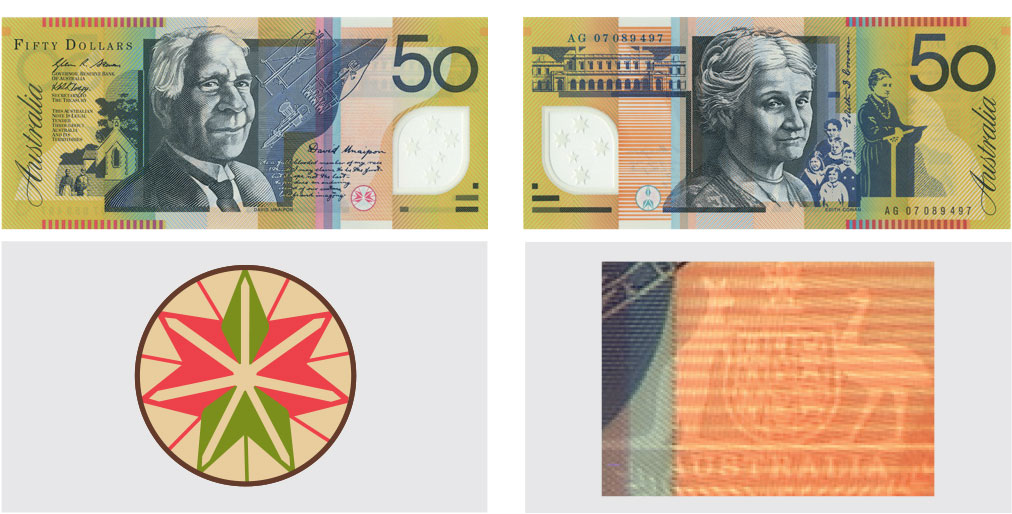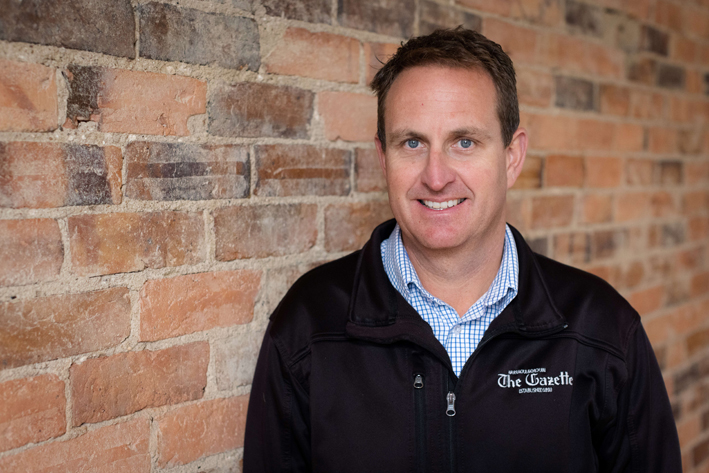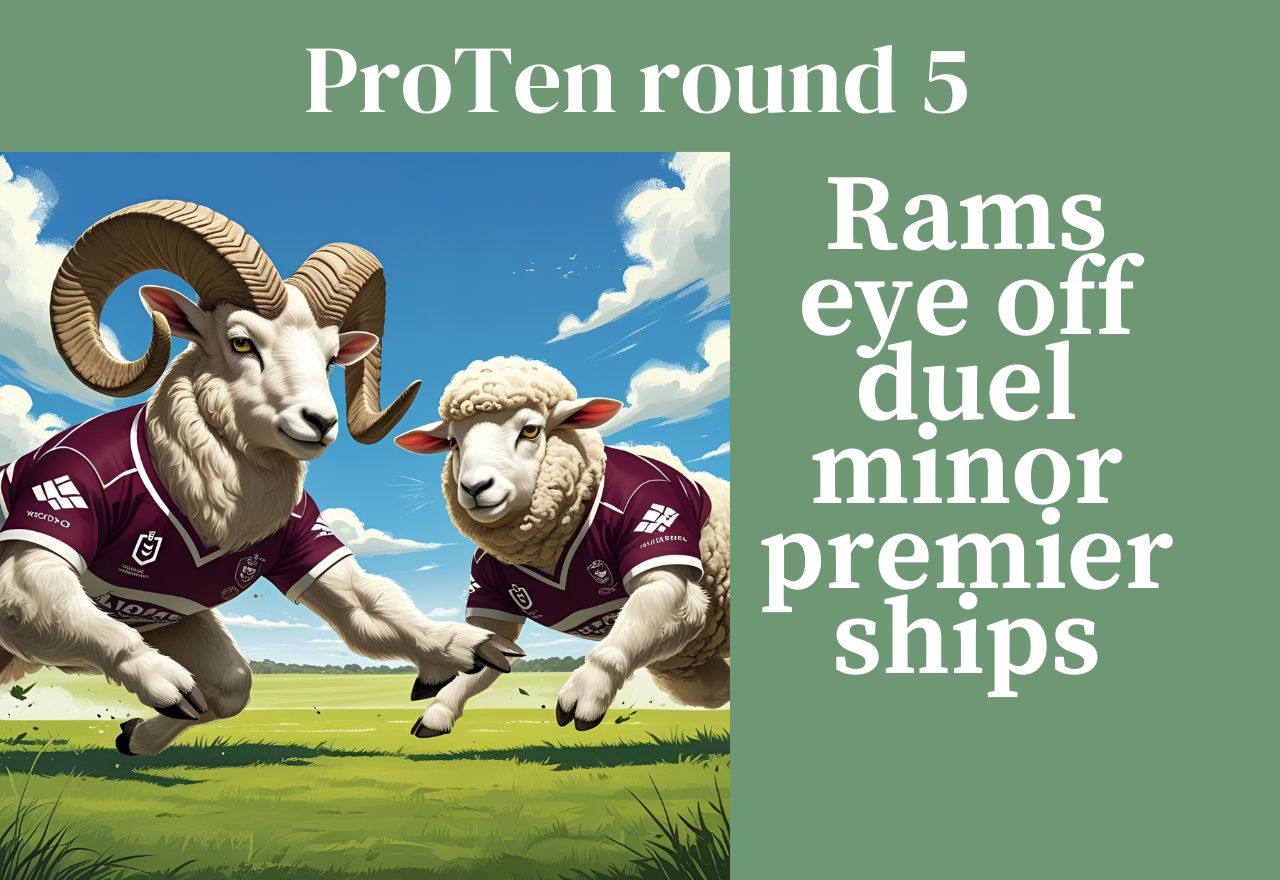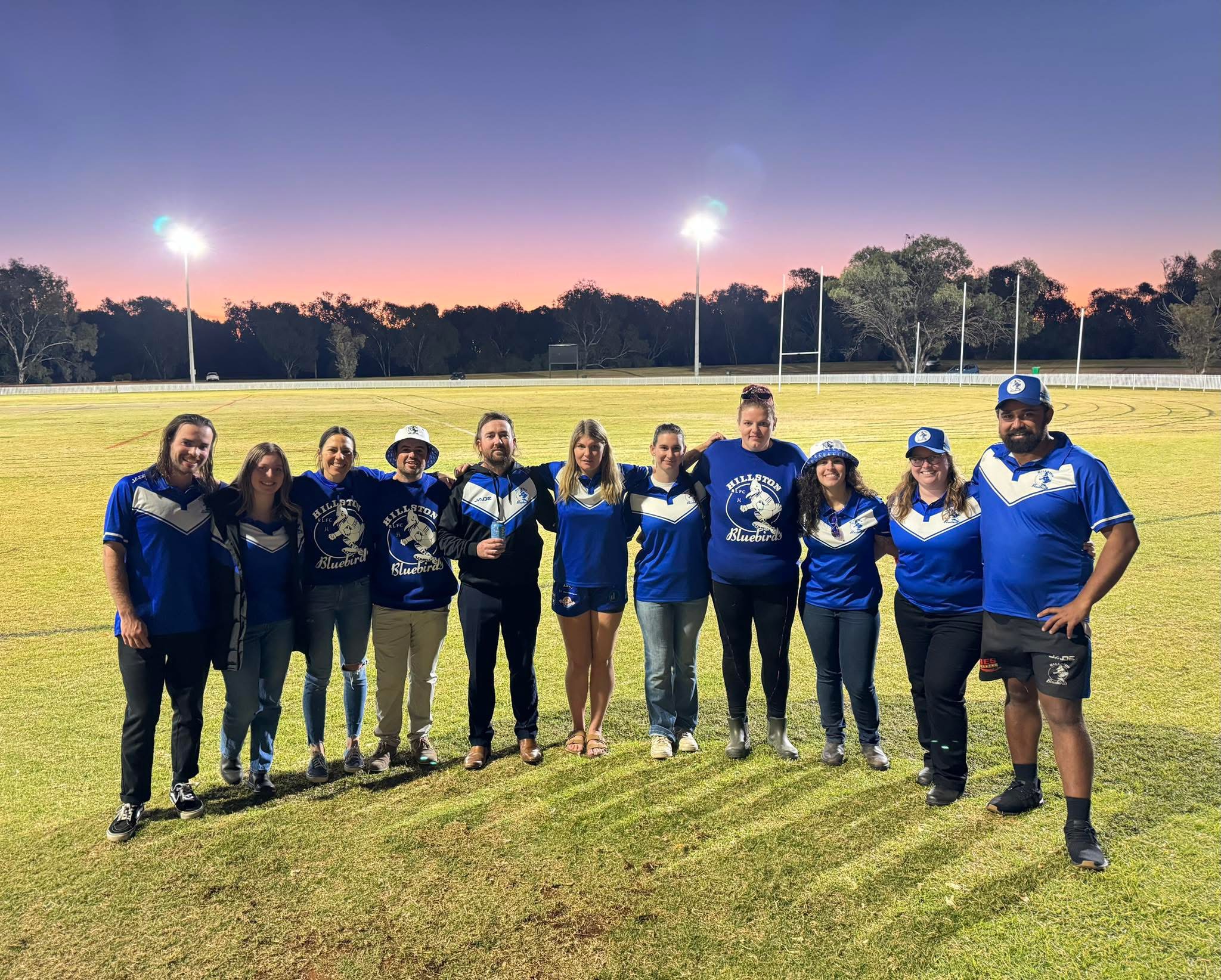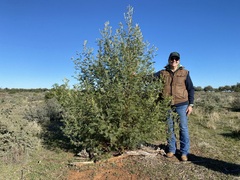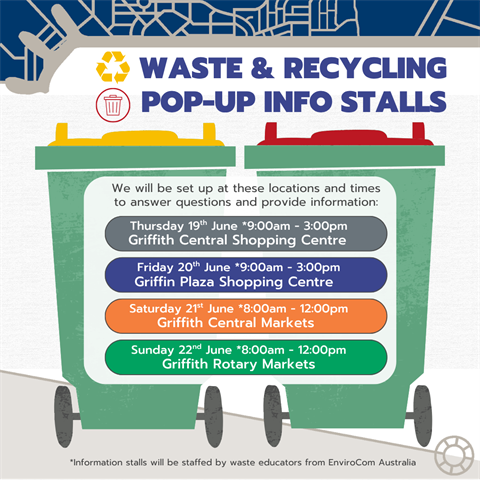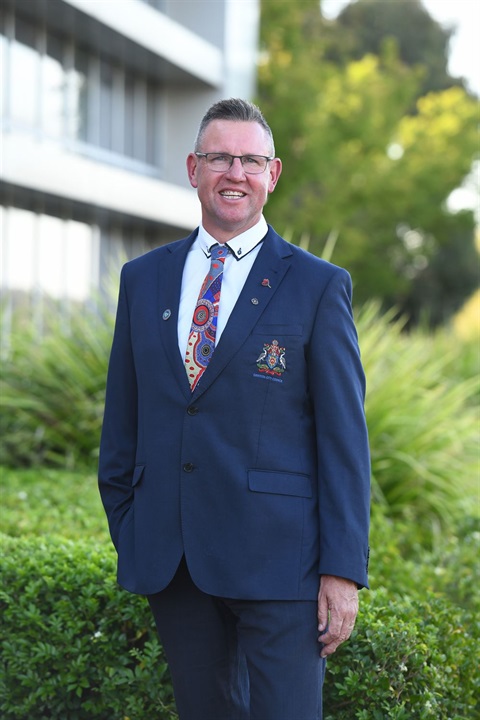Griffith City Council delivers timely reminder to all: be mindful of what you flush down the toilet.
Kimberly Grabham
03 July 2025, 2:00 AM
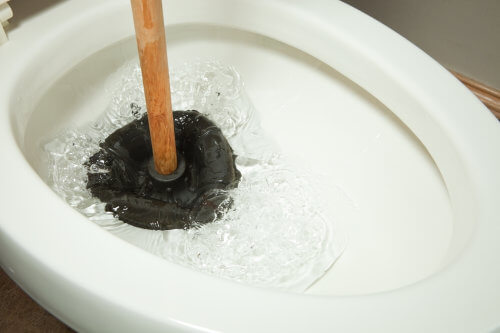
“If it’s not poo, pee, or toilet paper, it belongs in the bin,” Council’s Director of Utilities Mr Gordon.
Griffith City Council has experienced a concerning number of blockages.
Their wastewater team has responded to dozens of incidents where pipes were clogged due to non-flushable materials.
In addition to the environmental consequences, these blockages are costly to clear, with thousands of dollars spent annually on repairs and maintenance that could have been avoided.
Clogged sewer systems in New South Wales have a significant impact on councils, costing millions of dollars annually in blockage clearance and maintenance.
A State Government survey indicated that up to 70 per cent of sewage management systems experience some form of failure.
Blockages, often caused by non-flushable items like wet wipes, lead to environmental and public health risks, including contamination of waterways.
Flushing anything else can cause severe blockages, sewer overflows and costly repairs that impact both households and the broader community.
Non-flushable items, such as wet wipes, sanitary products, cotton buds, paper towels, and even so-called ‘flushable’ wipes, do not break down like toilet paper.
These materials accumulate in sewer pipes, leading to blockages that can cause sewer overflows in homes, streets and waterways, posing a risk to public health and the environment.
Council’s Director of Utilities, Graham Gordon, emphasised the importance of the community working together to maintain a healthy sewer system.
“When non-flushable items enter the sewer system, they don’t break down like toilet paper,” he said.
“Instead, they combine with fats, oils and grease to form solid blockages that disrupt wastewater flow. This leads to overflows, costly repairs, and even damage to private plumbing systems.
“Simply put, if it’s not poo, pee, or toilet paper, it belongs in the bin,” Mr Gordon said.
To help prevent sewer blockages, residents are encouraged to:
- Only flush the 3 Ps: Poo, Pee and (toilet) Paper.
- Dispose of wipes, sanitary products, cotton buds and other waste in the bin.
- Avoid pouring fats, oils and grease down the drain, as they contribute to blockages.
By making these simple changes, the community can help protect Griffith’s sewer system, reduce environmental harm and prevent unnecessary costs.
NEWS
SPORT
RURAL
